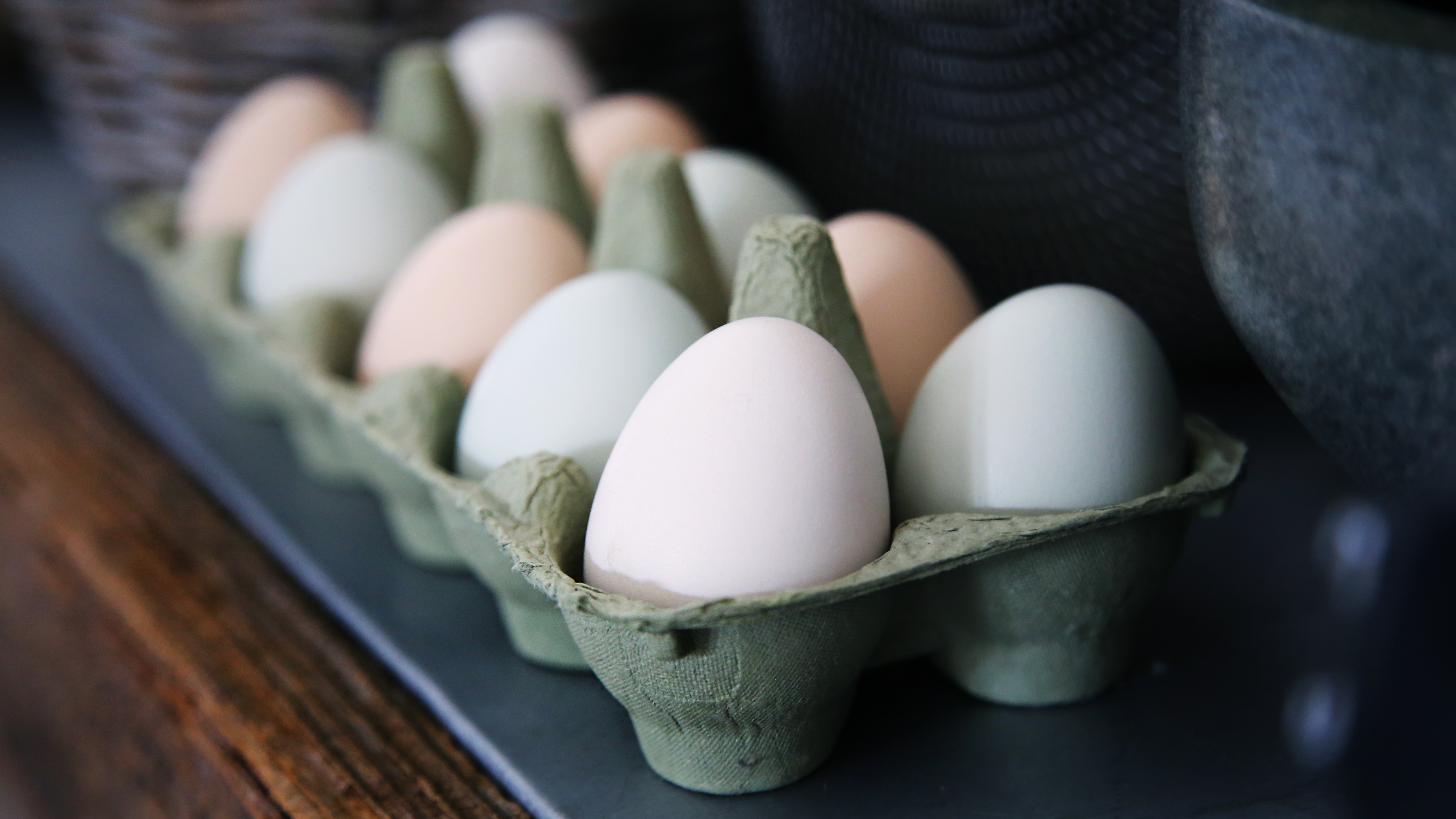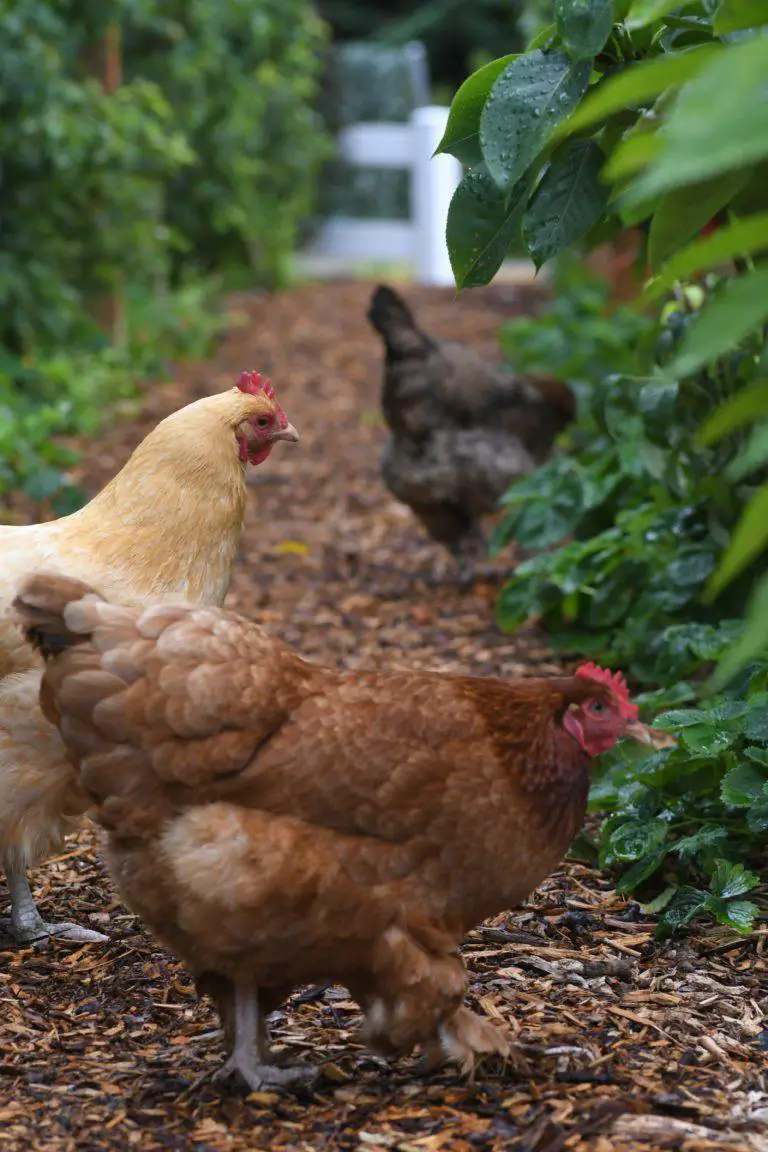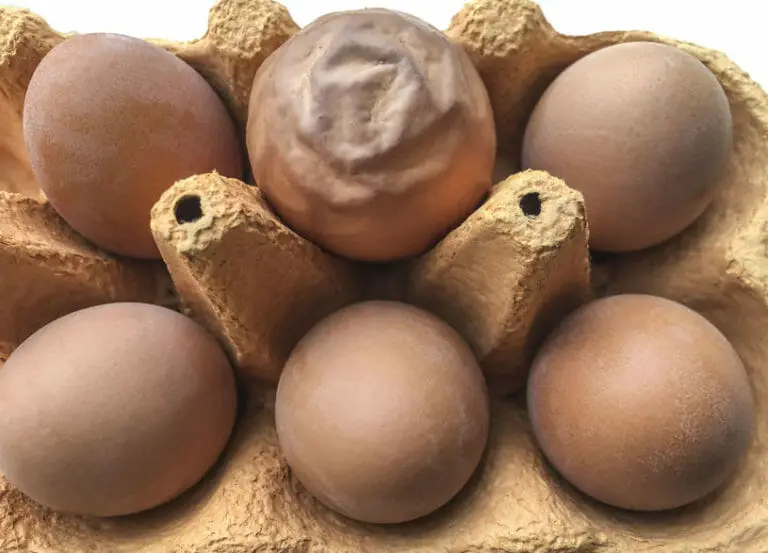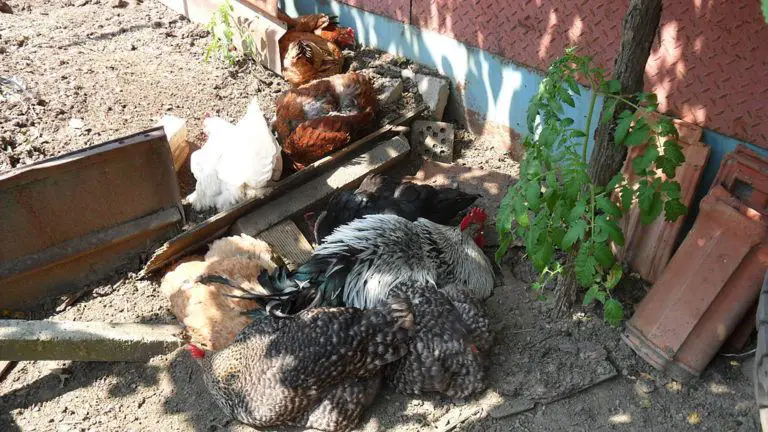When Do Chickens Start Laying Eggs? Well, It Depends
So you bought your chicks and tended them with care. You made sure they had the right feed, fresh water, and a cozy coop where they could safely rest. Then they developed feathers, their adult “squawk” and continued to grow. As a chicken farmer, it’s a thrilling process to watch!
Unless you bought chickens for meat (which is just fine, by the way), you’ll start to wonder just WHEN those eggs will start showing up in the coop. For many people, it’s the primary reason for owning chickens.
Generally speaking, chickens will start laying eggs anywhere from 4 to 8 months of age. Wikipedia estimates it at around 4-5 months.
There are a few variables which come into play when determining when your chickens will start laying eggs, like the breed of chicken, what they’re being fed, and their environment.
We’ll examine these variables so you’ll have a good idea of when to start looking for those fresh eggs!
If you need ideas for nest boxes to hold your eggs, see our article on chicken coop accessories here, or you can buy nest boxes online.
Feed
Not all chicken feed is the same. There’s commercial chicken feed, organic chicken feed, and more. We talk about the different types of chicken feed here. For maximum egg production, your chickens should get a feed with a minimum of 14% protein, although some feeds will contain up to 18% protein.
With the right protein levels, your eggs should have uniform shape and adequate shell strength. If the shells of your eggs are brittle, they may not be getting adequate level of protein in the feed. Some chicken farmers add free choice oyster shells to their flock’s diet when this happens. Most of the time, this is not necessary.
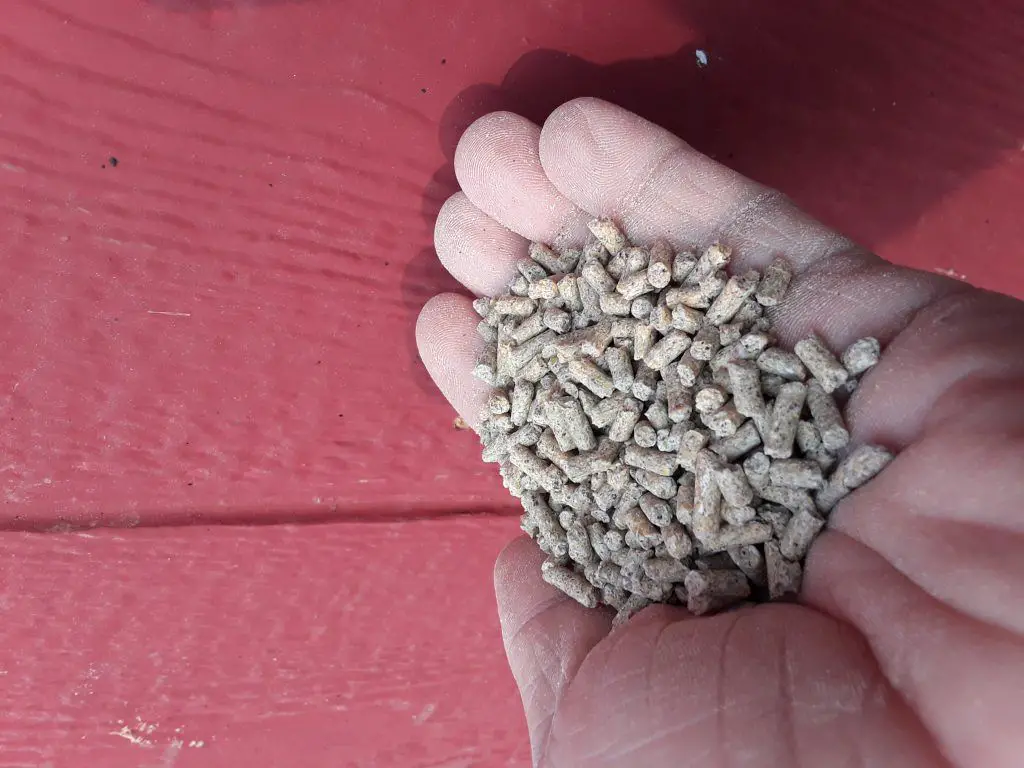
We won’t delve into the Organic vs Non-Organic debate in this article. We will simply say that, for maximum egg production, it’s mostly about the protein levels. Chicken feeds of all types (organic or other) are specially formulated to be a complete source of protein and other vitamins and minerals. Check the label on the bag to find out how much protein the feed contains.
Some chicken feed companies warn that feeding your chickens anything other than their feed (like veggie scraps, scratch corn etc.) can disrupt this balance, lowering egg production. We don’t adhere to this strict of a policy and feed our flock leftover fruit and veggie scraps on a regular basis and they consistently crank out the eggs. Maybe the experts have a point, but we want our chickens to be tame and approachable. These treats aid in that process!
We write more about best breed of chickens for egg production here.
Environment
Chickens will be better egg producers if given proper care. Part of this entails a clean chicken coop that stays dry and has plenty of ventilation.
We talk more about the importance of coop ventilation here, but to summarize – without proper air flow, your flock is susceptible to respiratory illnesses. These illnesses won’t just impact when your flock starts to lay eggs, it can also kill them!
Another way to reduce odors in your coop is by using the deep litter method, which we talk about here. But to briefly summarize – you add at least 2-4 inches (or more) of bedding on the floor of your coop. As you see the chickens poop on it, simply stir it into the bedding. By stirring the poo into the bedding around once or twice a week will cut down on odors. And you can always add another inch of fresh bedding on top every so often to freshen it up even more. And you won’t have to clean your coop more than once every year, or every other year.
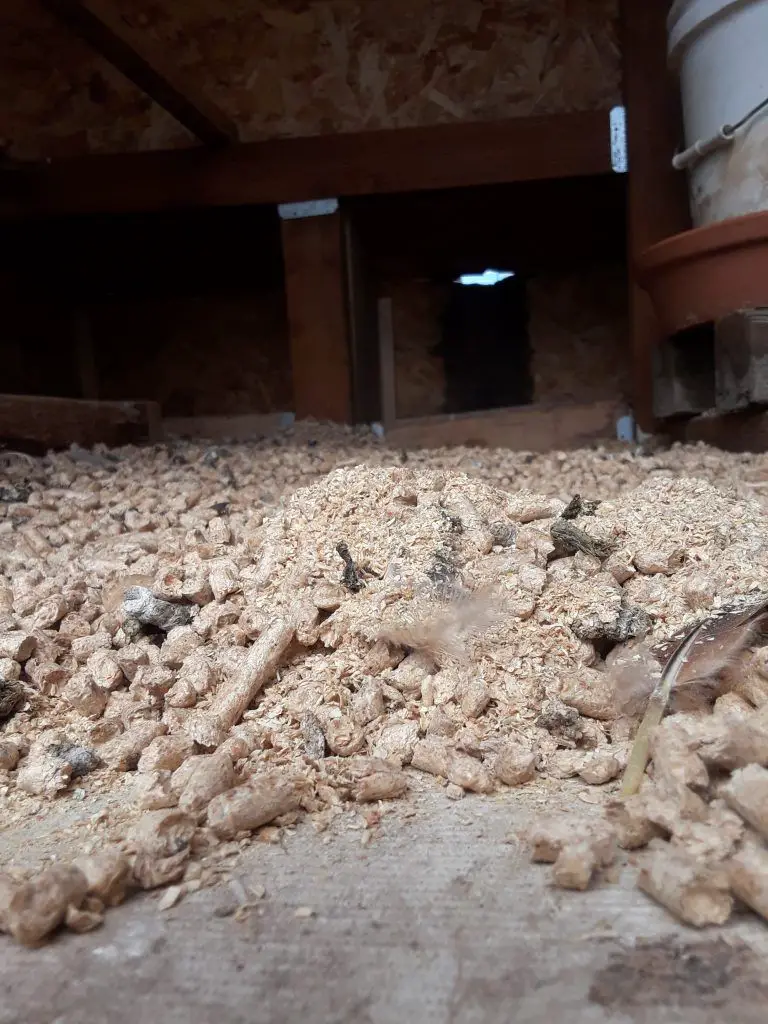
As for bedding, there are a lot of good options. We use wood pellets, about $5 per 40 pound bag.Here is a link to other types of bedding that also work. But for the record, we prefer the pellets because they last longer and are much cheaper to purchase – a real win win!
How Chicken Breed and Size Factor In
Not all chicken breeds begin laying eggs at the same time. As a general rule, the larger the chicken the longer it’ll take to begin seeing eggs in the coop.
Smaller breeds like Leghorns or Australorps will begin laying at around 4-5 months. Larger breeds like Orpingtons, Wyandottes, Marans etc. will start closer to the 6-8 month mark.
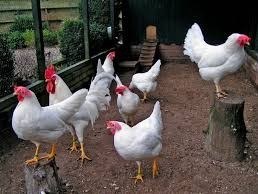
We have tried to keep track of this in our own flocks but it’s so hard to know which chickens really starts laying eggs first. Sometimes you can tell by the color of the eggs. For example, our Leghorns lay white eggs and are the only breed we own that lays white eggs. Or, if you get an Easter Egger chicken, you can identify them by the speckled blue or green color (and these are fun to see in the coop).
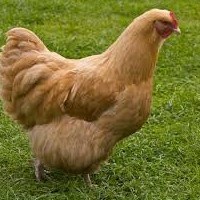
Time Of Year
Many people get their chicks in the Spring…it’s roughly between February – May when we see them in our farm stores here in the northwest. By purchasing chicks during this time of year, there is a better chance of seeing eggs in your coop before November as they grow and mature during the warmer months.
If the chicks are purchased after May, they may reach maturity after November (the cold, darker months of the year), which can stall egg production even more.
A lot of this will hinge on what part of the world you live in as well.
Closing Comments
We hope we’ve given you a better idea of when to start looking for eggs in your coop! We get a colorful assortment of smaller and larger hen breeds and consistently start finding eggs around the 5 to 6 month mark.
It should be noted that when you first start seeing eggs in your nest boxes, they will likely be small at first. Don’t panic! This is normal. As they start laying more eggs, the size of the eggs will also increase.
In fact we’ve noticed that after the first couple of months, our smaller chickens (often Leghorns) lay HUGE eggs, many of them containing double yolks. This doesn’t last forever, though, and you’ll then start seeing “regular” sized eggs after a few weeks. Maybe this has just been our experience, but we’ve seen this pattern often over the past 14 years.
If you have any comments to add about egg production or want to let us know when your chickens started laying eggs, let us know by commenting below. It’d be fun to hear what your experience has been. Thanks for stopping by.

